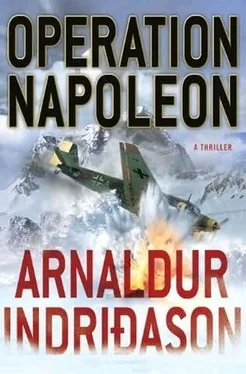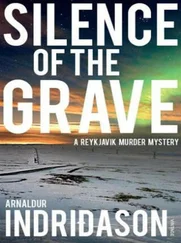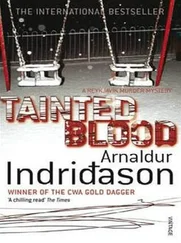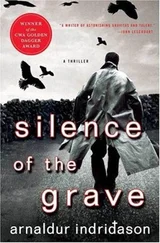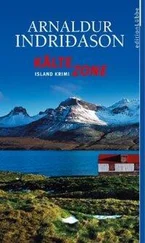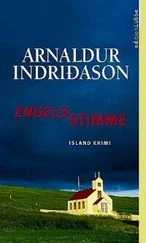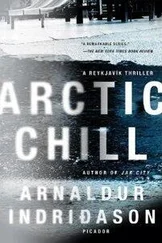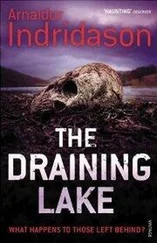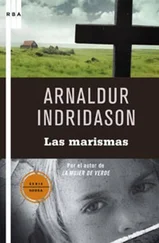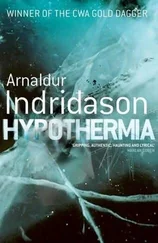SATURDAY 30 JANUARY
Vytautas Carr strode briskly into the control room. The reinforced doors closed slowly behind him with a heavy sucking sound. The room was filled with the same chilly gloom, the only light coming from the screens, most of which were flickering. A number of employees sat at the computer consoles and other controls which operated the organisation’s satellites, some talking on the phone, others silently intent on the screens which were reflected in their eyes. Phil, Carr’s assistant, came over and invited him to follow him. They walked through the control room and into a much smaller room, closing the door behind them.
‘We’ll start receiving them live any minute, sir,’ said Phil, a thin, tense man with a cigarette permanently jammed between his lips. He was one of the satellite operators. He had rolled-up shirt-sleeves and horn-rimmed glasses balanced on his nose which were invariably smeary with fingerprints, though he never seemed to notice. Carr reflected that for a man charged with seeing things with superb clarity, it was odd that he never seemed to clean his spectacles.
‘How long will we have them?’ Carr asked.
‘The satellite takes approximately thirty-seven minutes to pass over the area, sir. It’s cloudless at the moment but a storm’s gathering.’
‘Does Ratoff know we’re watching?’
‘I imagine he does, sir.’
Iceland’s recognisable outline appeared on the screen in front of Carr alongside part of Greenland’s east coast. The image vanished, to be replaced by another showing the south-eastern corner of the island. Phil pressed a button and yet another frame appeared, this time of the southern half of Vatnajökull. He zoomed in until the snowy surface of the glacier became visible, criss-crossed with crevasses, and finally a group of tiny dots could be seen moving over the ice. Carr felt as if he were looking through a microscope at minute organisms swimming around on a slide, like a scientist observing a complex experiment. During his long army service the world had changed almost beyond recognition and the extent of the US army’s capabilities these days never ceased to amaze him. The image was magnified yet again until he could make out what was happening on the glacier. Removing his own glasses, he gave them a wipe, before replacing them on his nose and focusing intently.
When he spotted the plane, half-protruding from the ice, his heart skipped a beat. He saw the men digging on either side of it, their tents and vehicles forming a semicircle around the wreck, and the glow of the blow-torches as they began the task of cutting the fuselage in half.
‘Are we recording this?’ Carr asked.
‘Sure,’ Phil said. ‘I guess we should be getting a glimpse of the cargo soon, sir?’ he added with a grin.
‘Yes, the cargo. Quite.’
Carr watched the men on the glacier for many minutes in silence. The image was grainy, the men no more than dots swarming over the surface of the ice, the plane indistinct. But the job appeared to be progressing well; Ratoff was on schedule, and the work was being carried out in an orderly fashion. The plane would soon be free of the ice.
Without warning, the rhythm of the movements on the screen changed and there was a commotion on the glacier: from thousands of miles away, Carr watched as men rushed over to the plane. Even from that great distance, it looked to Carr as if it had broken in half. The plane was open.
Ratoff hurried out of the communications tent when he heard the calls and ran down to the wreck. As he was forcing his way through the crowd that had gathered, distracted from their jobs, the front of the plane bent and the fuselage broke in half, collapsing under its own weight on to the ice with a deafening screech and crash, leaving the tail-end still half-submerged. Ratoff peered through the gaping hole into the cabin, then turning to the soldiers, ordered them to prepare the severed section for removal from the glacier. At the same time he issued orders that no one was to enter the plane without his express permission.
The men with the blow-torches moved aside with their equipment to give Ratoff room to climb inside the plane. Bending slightly, he stepped into the cabin, the first passenger aboard in over half a century, and as he did so the sounds outside were instantly muted; he was met by a heavy silence that had not been disturbed in all these years. The experience was like stepping back in time and it filled him with a sense of mingled excitement and anticipation. Four Delta Force officers stood guard outside; they knew their orders. Meanwhile the soldiers scattered again, returning to their tasks, and soon it was as if nothing had happened.
In the weak daylight that penetrated this section of the fuselage, he found two bodies, both middle-aged men, one dressed in the uniform of a German army officer, the other, to his astonishment, in the uniform of a two-star US general. An American! He bore insignia that Ratoff did not recognise and looked to be in his late fifties. A strong-looking aluminium briefcase with heavy locks was handcuffed to his left wrist.
That’s three bodies so far, Ratoff noted. They lay close together on the floor, side by side, as if carefully arranged. Where it was visible, their skin was bluish-white and he could see no sign of decay, the ice having preserved them as well as any morgue. Ratoff assumed these men had not survived the crash; those who did must have laid them here. One had a gaping wound to his head and must have died during the landing. The other appeared largely unscathed; his fatal injuries must have been internal. He looked better prepared for the cold, wrapped up in two overcoats and a fur hat, not that they had done him much good.
Ratoff turned and retraced his steps, re-emerging into the daylight. The tail section was still largely trapped in the ice and Ratoff needed a leg-up from one of the Delta officers to climb in through the opening. Inside it was dark, so he took out a torch, shining it towards the rear of the cabin where he made out three other bodies huddled together as if the men had been trying to share body heat during the final miserable hours of their lives. So the plane contained six corpses, counting the one found outside: according to Ratoff’s briefing, there should have been seven.
Once again, any exposed skin was a translucent bluish-white, taut and firm to the touch, and as before Ratoff found no signs of decomposition. He noted crudely made splints on the legs of a couple of the bodies and again was baffled to discover that one of them was dressed in an American uniform. He must be the pilot; the leather bomber jacket he wore was standard World War II issue for US fighter pilots. There was a small American flag sewn on to the sleeve and the man’s name was embroidered on a strip of black linen on his left breast. The name was American too; there was no mistaking it. He could not have been much more than twenty-five years old.
It was inexplicable. What was an American fighter pilot doing flying German officers and an American general across the Atlantic in a Nazi plane painted in US camouflage colours?
To reach the innermost part of the Junkers’ tail, Ratoff had to bend double. With the help of his torch it did not take him long to find two wooden boxes the size of beer crates, one of which he dragged towards the front of the plane where the light was better. The lid was nailed down but he found a severed piece of iron stanchion on the floor and, using it as a lever, was able to force the lid, the nails screeching as they were slowly torn from the wood. Soon the box opened fully to reveal rows of small white bags, each tied at one end. There must have been about twenty of them. Ratoff picked one up, discovering that it was made of soft velvet and felt heavy in his hand. Releasing the drawstring, he slid out an ice-cold gold bar with a swastika, the emblem of the Third Reich, stamped in the centre of it. Ratoff stared at the bar, weighing it in his hand with a smile, then cast his eyes around.
Читать дальше
